Category: ICTD
-
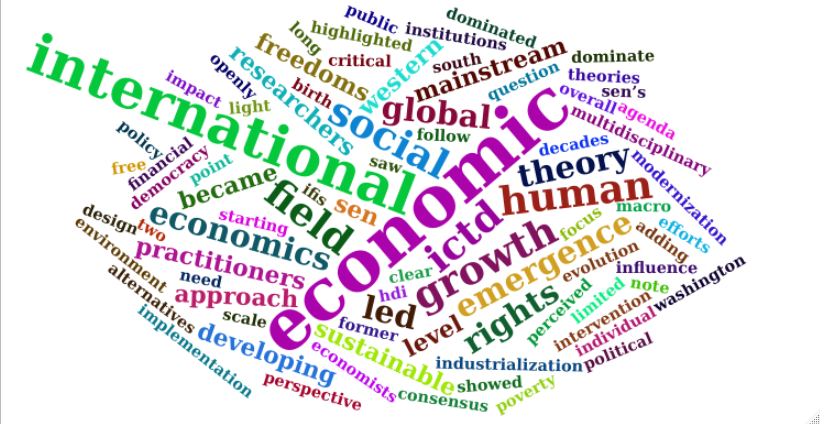
A Glimpse at Development Economics
ICT for Development (ICTD) has been around for over three decades. A multidisciplinary field involving researchers and practitioners from many different areas and backgrounds, ICTD has one clear objective: to deploy new ICTs in society to foster development. The first and most obvious question is how this can happen. The answer is not trivial. Nevertheless,…
-
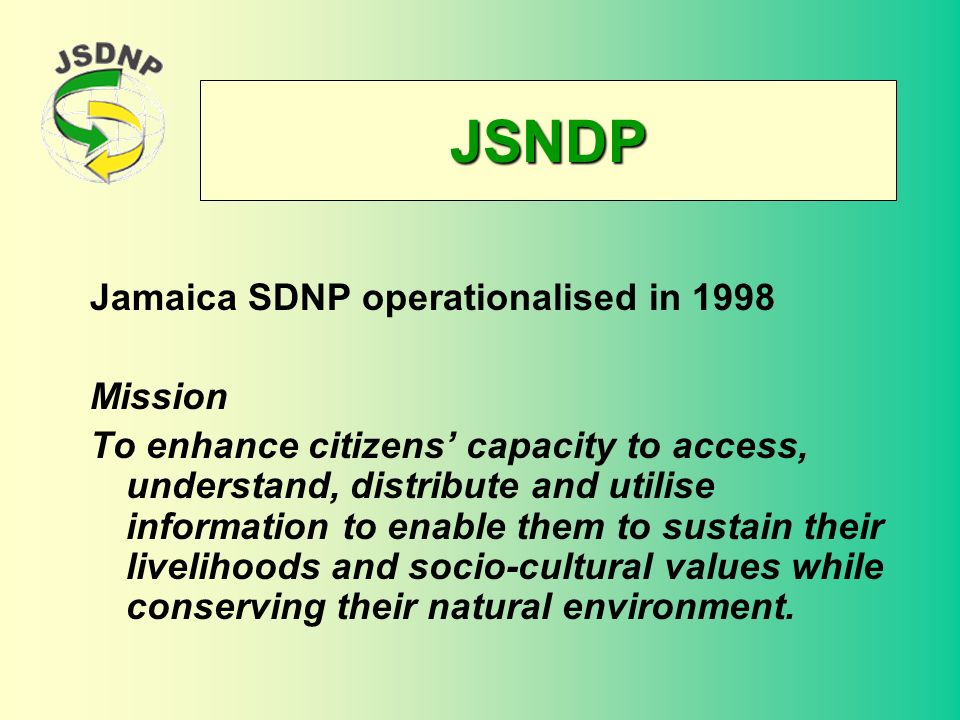
Digital Government in Jamaica
The last time I visited Jamaica was in the early 2000s. A few years before, we had launched the national node of the old and now defunct Sustainable Development Networking Programme (SDNP). It was labeled JSDNP and did quite a bit of work locally fostering digital technologies and creating and disseminating local content. Unfortunately, JSDNP…
-
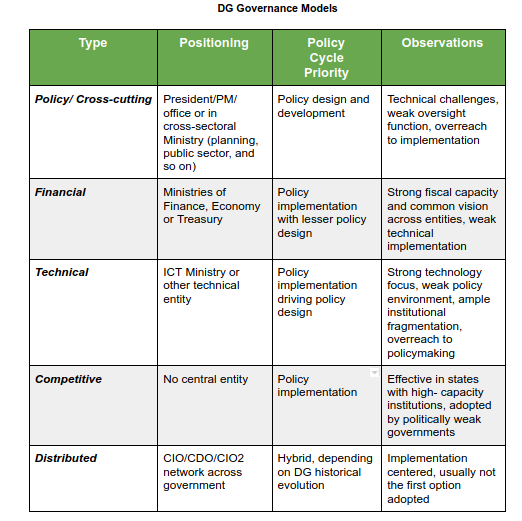
Digital Government Governance Models
Governments should fully understand the scope and reach of the various Digital Government (DG) institutional functions described in my previous post and their proper sequencing before they embark on comprehensive digital transformation processes. The policy units’ actual institutional location leading DG processes should result from the analysis of the various functions, not the starting point.…
-
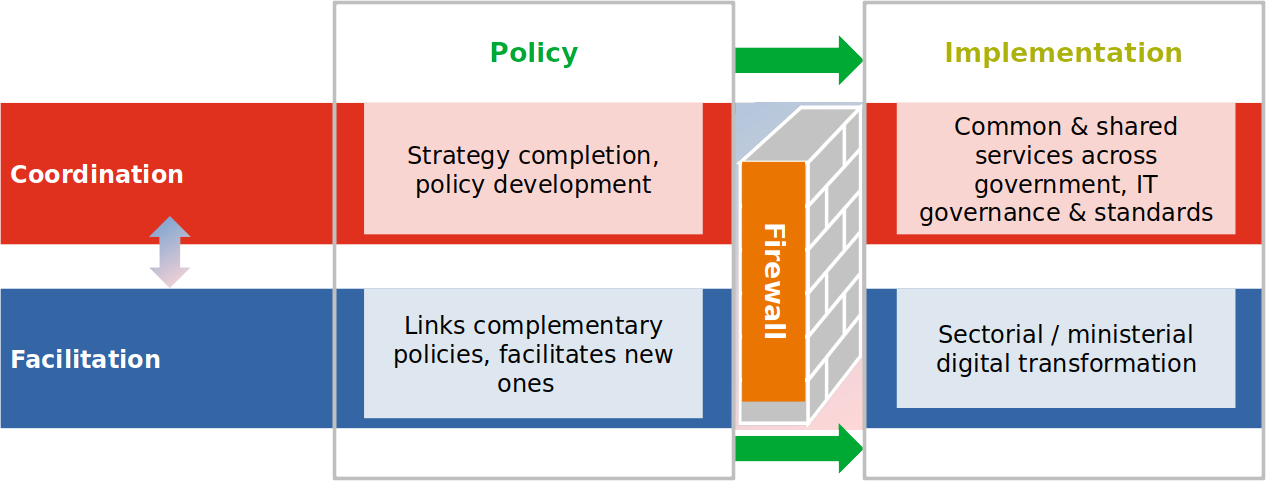
Digital Government Revisited – III
Institutions matter, more so for the development and implementation of Digital Government (DG), whose core target is public institutions’ transformation. On the one hand, public institutions should have an array of capacities to ensure public investments in digital technologies are effectively managed from beginning to end. In many low-income countries, such capabilities are exiguous or…
-
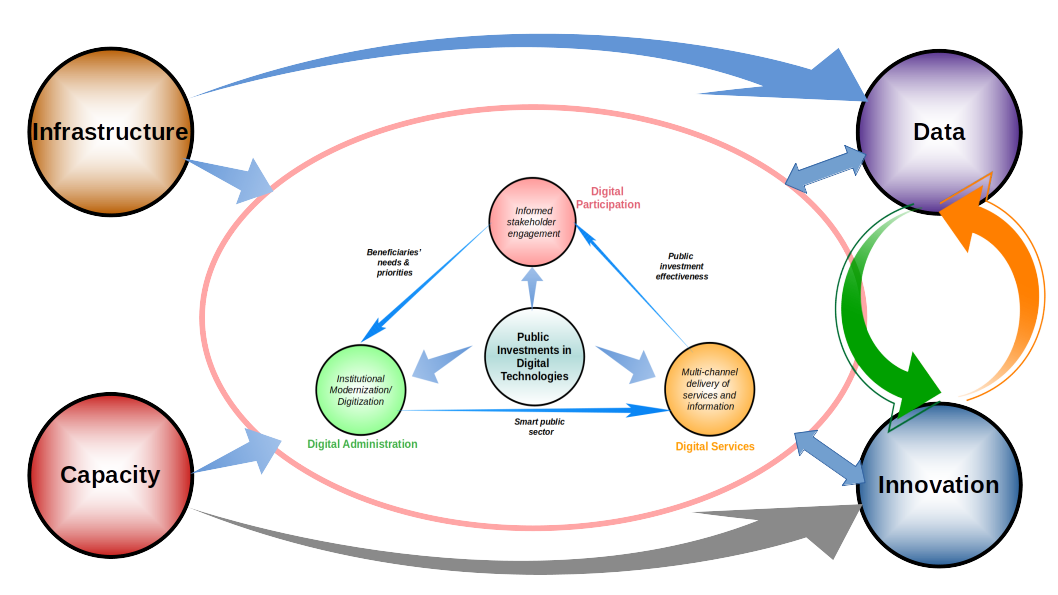
Digital Government Revisited – II
Since the early 1980s, Governments have taken a bad rap. Menacing fingerpointing from most quarters ended up on a consensus that loudly declared them personas non-gratas. The 2009 Global Financial Crisis started to turn the tide. At the time, governments once again came to the rescue of capitalism, unveiling gigantic financial packages to prevent critical…
-
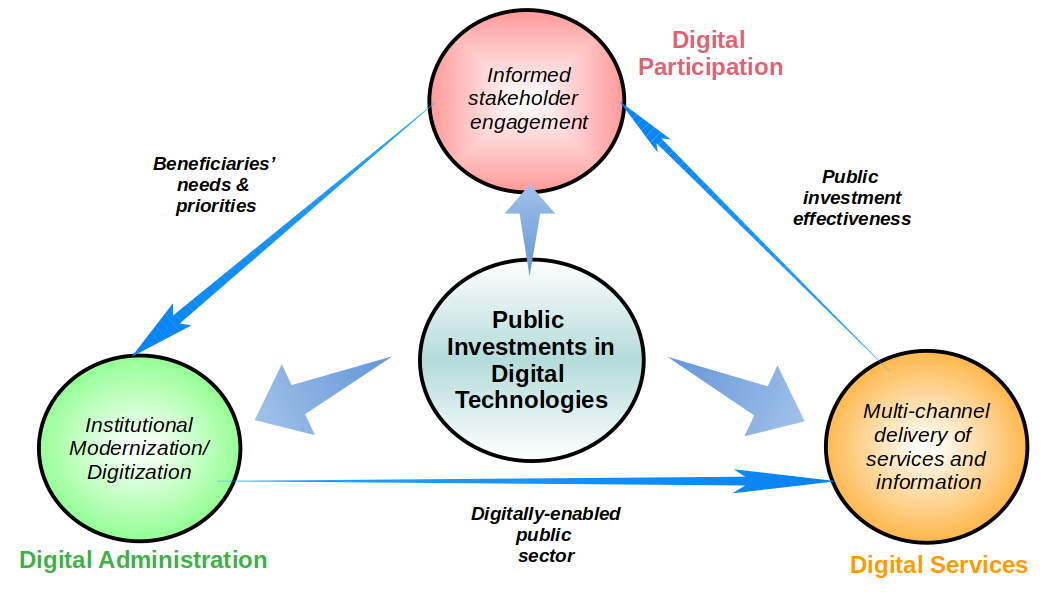
Digital Government Revisited
Overview Running on the coattails of electronic commerce, Digital Government (DG) first saw the light of day over 20 years ago. Initially christened as electronic government or e-government, it has since experienced multiple name changes, ranging from e-governance and transformational government to intelligent and smart government. Nowadays, the field seems to be enjoying its run…
-
Contentious Politics in the AI Age
Initially touted as revolutionary and progressive in the 1990s, the lightening evolution of digital technologies, running on the coattails of continuous innovation, has been accompanied by the rise of both extreme socio-economic inequalities and loud and widespread populism, nationalism and overt racism. Many countries are undergoing de-democratization processes undergirded by very resilient neoliberalism, while claim-making…
-
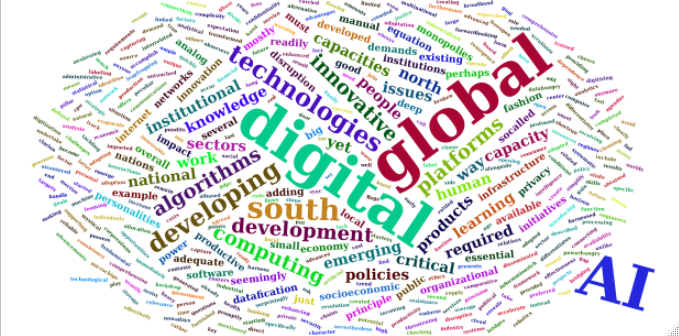
AI and Development
The current long wave of digital innovation has finally broken the last bastion of socio-economic resistance. While early advances transformed communications infrastructure and enhanced consumer interactions, the resurgence of Artificial Intelligence (AI) and all its relatives, alongside new technologies such as blockchains, have rattled seemingly immovable sectors of the economy thus opening the door for…
-
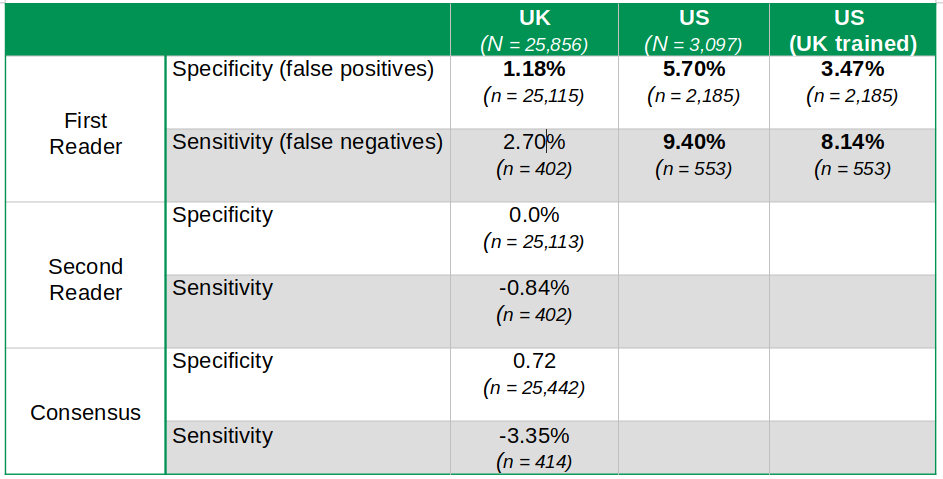
Deep Learning and Breast Cancer: Improving Detection?
A recent paper published under the auspices of Google Health makes a case for using deep learning algorithms to improve breast cancer detection. The research has been positively received by most and widely publicized as yet another victory of intelligent machines over weak, dumber humans. Only a few have been critical for good reasons. In…
-
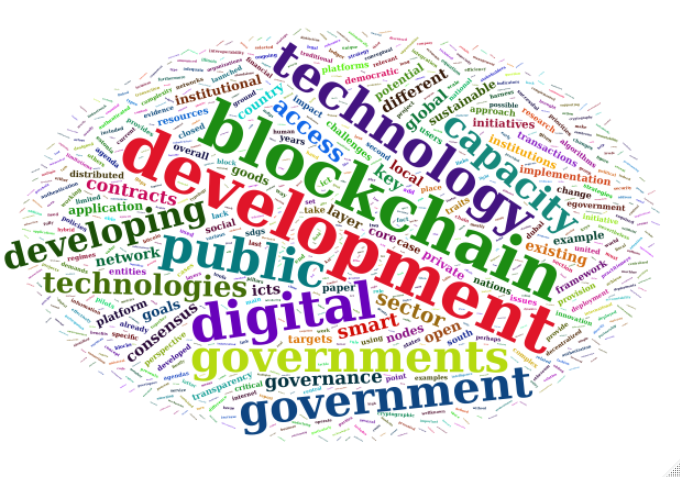
Blockchains in the Public Sector
My paper on blockchains for the public sector in developing countries has been published by Frontiers, one of the leading open-access and community-driven academic publishers. The paper develops an analytical framework that combines sustainable development, state capacity and digital technologies. In principle, the framework can be used to explore the adoption of technologies and innovation…
-
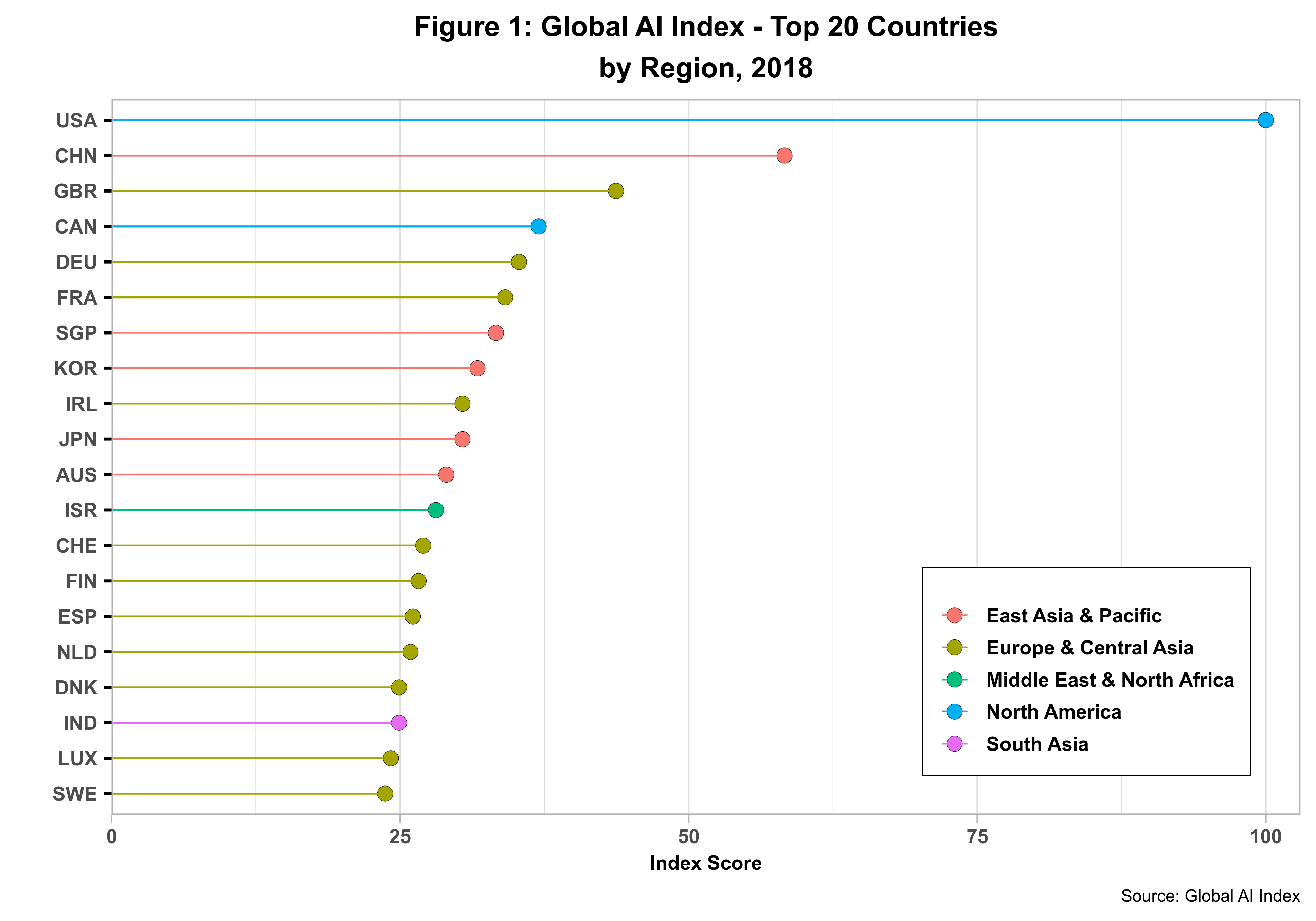
Yet Another Global AI Index
As Artificial Intelligence (AI) seemingly continues to permeate all interstices of society, measuring its undaunted progress in the age of data is more than a priority. In a previous post, I share some insights on the Global AI Readiness Index that covered almost all UN member states. The new Global AI Index (GAII), created by…
-

The Development Onion
Governments in developing countries are just one of the many players involved in promoting sustainable development – in many cases, with direct support from bilateral and multilateral donor organizations. However, governments are, in principle, bound by the overall development commitments they make at the national and international levels. There are indeed several different interconnected layers…
-
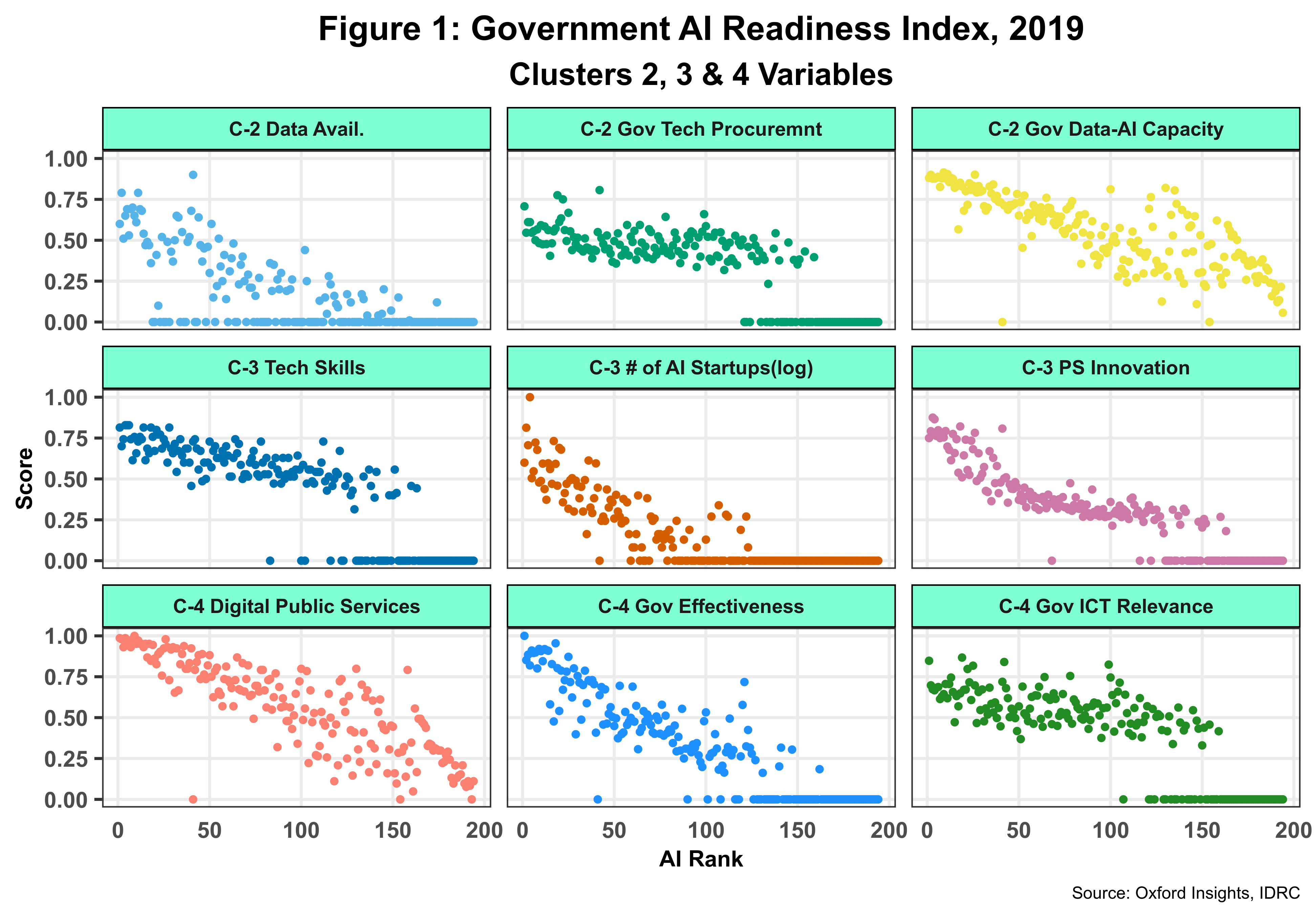
Measuring Artificial Intelligence Development
Artificial Intelligence (AI), including its siblings machine learning and deep learning, has grown by leaps and bounds in the last decade. More importantly, the technology has been deployed effectively in a wide range of traditional sectors, bringing real transformational change while raising fundamental socio-economic (joblessness, inequality, etc.) and ethical (bias, discrimination, etc.) issues. Today, AI,…
-
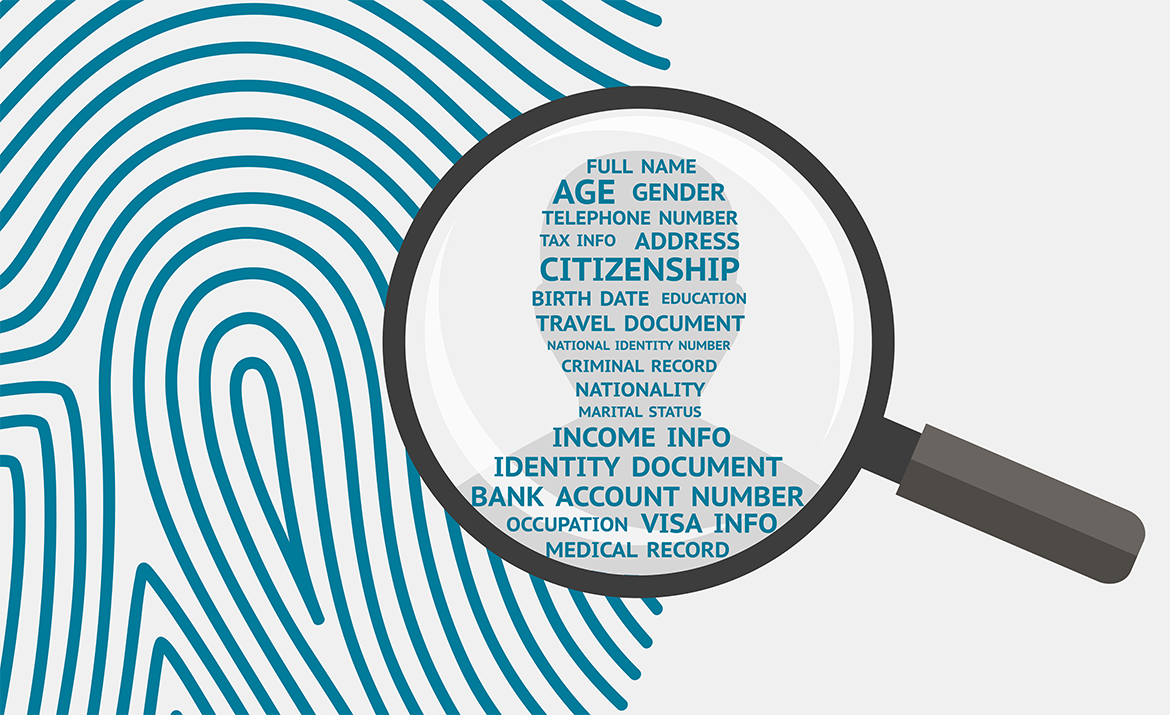
Blockchains and Digital ID, I
Overview Like previous technologies, such as the Internet, blockchains have been driven by a high degree of techno-optimism not yet backed up by on the ground impact or reliable evidence. Undoubtedly, the technology, which is still rapidly evolving, has enormous potential in many sectors and could promote human development if harnessed strategically. One of the…